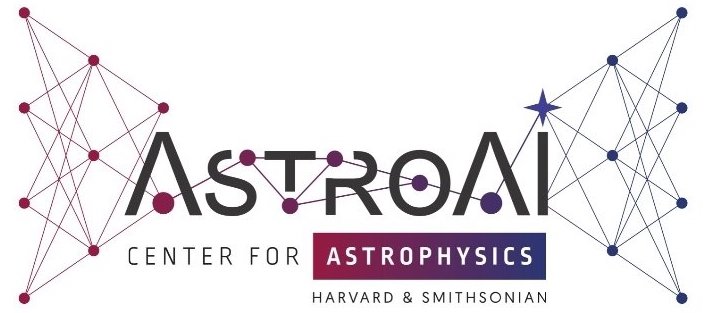Accelerating astrophysical data analysis with machine learning
Presenter: Gemma Zhang (Harvard University)
Title: Accelerating astrophysical data analysis with machine learning
Date/Time: Monday, June 17th, 2:00 - 2:30 PM
Abstract: In the era of big data in astrophysics and cosmology, advances in machine learning offer us promising ways to more efficiently obtain scientific insights. In the first part of my talk, I will present the first application of machine learning to the analysis of subhalo properties in real strong gravitational lensing observations. In the upcoming decades, we anticipate a several orders of magnitude increase in the number of observed strong lenses from ongoing and future surveys. Machine learning has the potential to more efficiently analyze these images compared to traditional methods. I will present our measurements using a neural likelihood-ratio estimator on Hubble Space Telescope images and discuss the implication of our work. In the second part of my talk, I will discuss our ongoing work training a foundation model with ZTF supernovae lightcurves and spectral data using CLIP-style multimodal contrastive training. The pretrained model reduces multimodal data into informative latent space embeddings that can be efficiently used for various downstream tasks.
